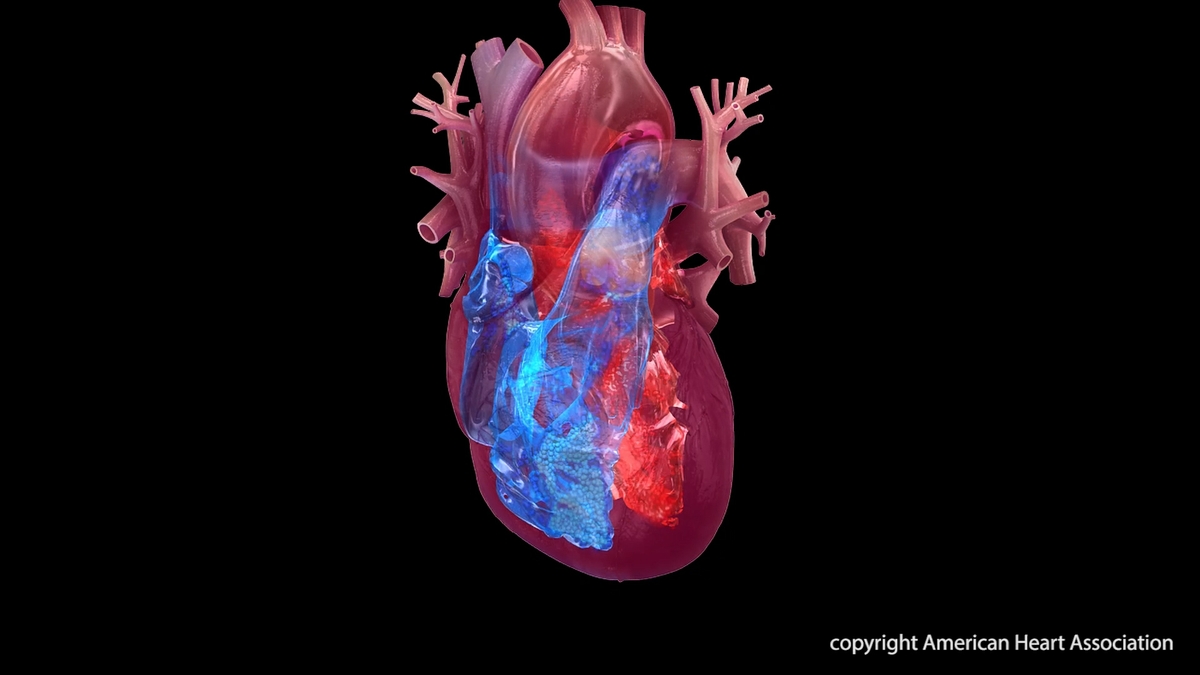HEALTH
AI can accurately detect heart valve disease, predict cardiovascular risk, aid early detection, prevention

Two preliminary research studies presented at the American Heart Association's Scientific Sessions 2023 suggest that artificial intelligence (AI) and deep learning models can accurately detect heart valve disease and predict cardiovascular risk. In one study, an AI program analyzing sound data from a digital stethoscope was found to be more effective in detecting heart valve disease than a healthcare professional using a traditional stethoscope. The AI method detected 94.1% of cases of valvular heart disease, while the standard stethoscope method detected only 41.2%. The other study utilized a deep-learning algorithm to categorize retinal images of individuals with prediabetes or Type 2 diabetes into low-risk, moderate-risk, and high-risk groups for cardiovascular disease events. The results showed that individuals in the moderate-risk group were 57% more likely to experience a cardiovascular event compared to those in the low-risk group, while those in the high-risk group were 88% more likely.
Dr. Dan Roden, Senior Vice President for Personalized Medicine at Vanderbilt University Medical Center, noted that these findings demonstrate the potential of using AI analysis of retinal imaging and sound data from digital stethoscopes as early detection tools for heart disease in high-risk populations. The use of AI tools in detecting heart valve disease and predicting cardiovascular risk could lead to more efficient and effective screening processes, ultimately saving lives and reducing healthcare costs.
However, it's important to acknowledge the limitations of these studies, such as the small sample sizes and the need for further evaluation and analysis of patient follow-up data. Researchers plan to review clinical outcomes and additional diagnostic tests and treatments to gain a better understanding of the potential impact of these AI tools in cardiovascular care. The development and application of AI-based tools in healthcare are constantly evolving, and these studies provide valuable insights into the potential benefits of AI in detecting heart valve disease and predicting cardiovascular risk. As computational methods and AI technologies become increasingly sophisticated, the future of cardiovascular care could be transformed, enabling early interventions and better management of high-risk patient groups.
The studies were presented at the American Heart Association's Scientific Sessions 2023, which is a global event for the exchange of the latest scientific advancements in cardiovascular science.
